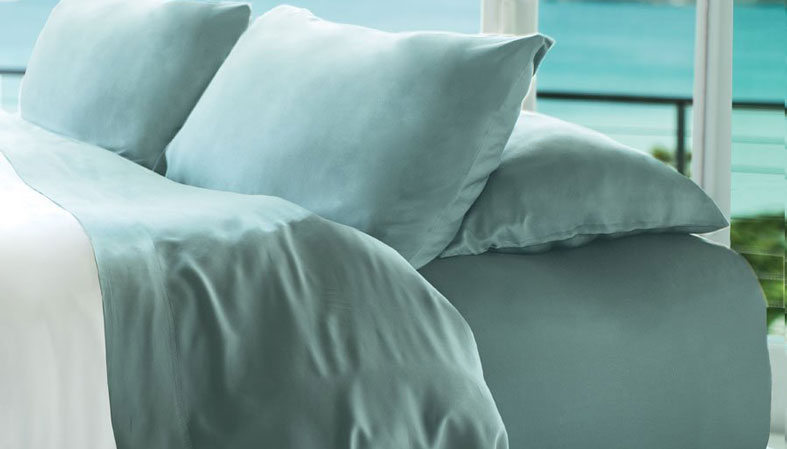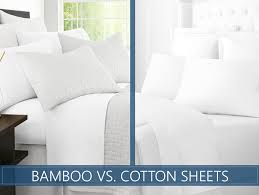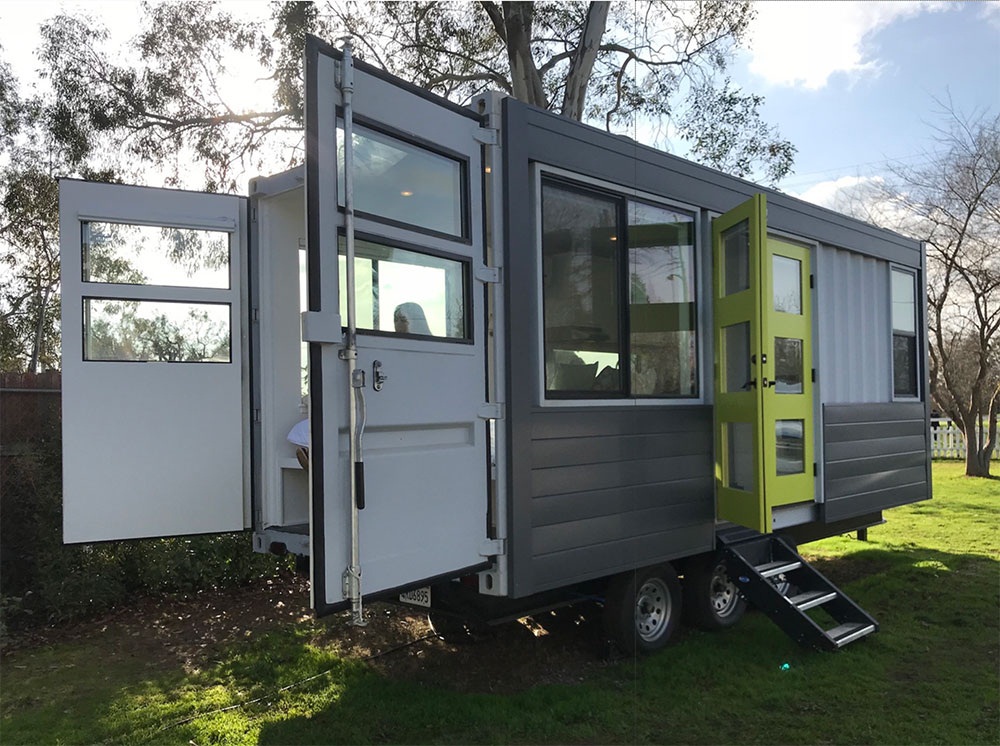In the last few years, bamboo sheets have become very popular, even though they are relatively new. The demand has increased because they are:
– eco-friendly
– sustainable and breathable
– soft and comfortable
– stain resistance
– have health benefits
– great value

What is Bamboo?
Bamboo is probably the fastest-growing organic resource on earth. The bamboo plant grows a yard each day to be more specific; it grows one inch every 40 minutes.
How is Bamboo Manufactured?
Bamboo sheets are made from bamboo, which is taken from the bamboo plant. Before bamboo can be turned into bedsheets, the bamboo trunk must be mechanically crushed and steamed. To remove the long rayon fibers from bamboo, the bamboo plant undergoes a process called “retting.” Bamboo sheets are manufactured in East Asia and China. Visco rayon is versatile-regenerated cellulose fiber that comes from bamboo. Many of the sheets that are made today are made from viscose rayon.
Types of Bamboo Material
Today, there are four varieties of bamboo fabrics. They include:
- Bamboo rayon (Viscose): Rayon is the first generation of cellulose fibers, and it is widely used in bamboo sheets. Some say these might be the best bamboo sheets.
- Bamboo lyocell: Lyocell is the most contemporary and sustainable material this century. It is made by dissolving raw bamboo into a toxic solvent which produces a non-hazard affluent. Along with the water, the solution is reused and recycled in a closed-loop system so that there’s no harmful residue left. It is also softer and stronger than rayon.
- Bamboo blend with cotton: The most common blend is 70% bamboo rayon and 30% cotton or 60% bamboo rayon and 40% cotton. These blends make the fabric stronger than 100% bamboo. However, the softness and sustainability of material are compromised because cotton involves chemicals and inefficient use of freshwater.
- Bamboo linen fiber: Bamboo linen is a very sustainable fabric, but it wrinkles easily. It is not very soft and it requires a lot of maintenance such as ironing after washing.
Cotton Sheets Versus Bamboo Sheets
Cotton has been the way to go for many years when it comes to sheets, but bamboo sheets have become the sheet of choice in recent years. Which sheet is better? Let’s analyze cotton versus bamboo to get a feel of which one will give you a better night’s sleep.
Softness: There aren’t many sheets that can rival the bamboo sheet for softness. Bamboo sheets retain their stretchiness and softness over time. They are cozy, silky, soft, and healthy.
Cotton sheets are not known for softness. However, some cotton sheets are very soft. They are a high-end sheet and they have longer fiber with a 1000 thread count.
Breathability: The bamboo rayon is breathable, naturally produced and extremely dense. Once it is woven together, a bamboo sheet feels like an expensive cotton sheet with 1000 thread count. Bamboo sheets adjust and regulate your body’s temperature. Because they are breathable and they can help your body thermoregulate to keep you at a normal temperature or comfortable.
Cotton sheets are not breathable, but they are more effective at retaining heat than bamboo because the makeup is stiffer.
Durability: Bamboo sheets are tough and durable. The rayon fibers stretch across the entire sheet instead of weaving together shorter fibers that mean the sheets are durable. And the sheets will not peel or tear. Bamboo sheets do not absorb oil or dirt from your skin so your sheets will not turn yellow or grey over time.
The cotton sheet is not as tough because they are made of short fibers that do not stretch across the sheet. The sheets eventually turn yellow or grey because they absorb dirt and oil.
Sustainability: Bamboo sheets are environmentally friendly, and they do not require irrigation or pesticides. They require 90% less water. Bamboo plants require 12 gallons of water. It is the fastest-growing natural resource on earth at one inch every 40 minutes.
Cotton is very labor-intensive, and it requires 200 times more water than bamboo plants. Cotton also needs fertilizer and pesticides, which are not environmental friendly.
Stain resistance: Bamboo has dense fiber and moisture-wicking properties. It is stain-resistant because it does not absorb moisture. You do not have to worry about odor, wear and tear, or aging sheets. Bamboo sheets stay fresh because they are naturally resistant to mold, mildew and bacteria.
Allergy Benefits: Bamboo sheets are hypoallergenic, and they are resistant to fungi. Bamboo sheets are a healthy choice for you if you have allergies or sensitive skin. Even in the manufacturing process, bamboo retains some portions of its antimicrobial characteristics. Bamboo fibers can reduce moisture in the sheets. The reduction in moisture can reduce or eliminate dust mites. Dust mites trigger allergies.
Value: Bamboo sheets can be expensive. However, the cost over the long term will be less, and you will actually save money by not having to replace your sheets as often.
Bamboo: An Investment in a Healthy Future
With the cost of cotton and the feel of silk, bamboo sheets are long-lasting, versatile, and environmentally friendly. The investment in bamboo sheets is a healthy investment in you, your family, and a good night’s rest.





